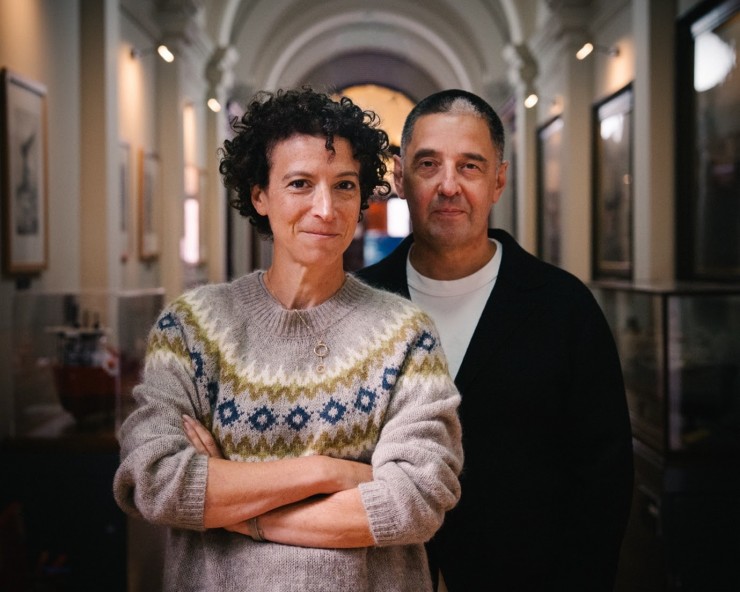The BBC has tightened its criteria for commissions that qualify as nations and regions productions to keep more of the budget in the community where it is filmed.
In a blog post, BBC director of nations Rhodri Talfan Davies said that the corporation will not commission an out-of-London network production from a producer unless it is “confident it will invest at least 70% of its production budget locally and/or draw significantly on local programme-makers and crew to produce the show”.
The BBC will also continue to strive to commit to spend at least 17% of its network TV budget across Scotland, Wales and Northern Ireland without any reliance on productions that have local offices, but do not spend a significant amount of their production or talent budgets in that nation.
Talfan Davies said it will publish its progress in these areas.
The measures go beyond Ofcom’s qualifying definition, which ask producers to meet two of its three criteria: have a ‘substantive’ base in the region, invest 70% of production spend outside London, and for at least 50% of off-screen talent to be based outside of London.
The move follows discussion about flagship BBC Scottish commission The Traitors, which is filmed in Scotland while most of its staff are based in London.
Director Peter Strachan, who raised concerns about that show earlier this year, welcomed the BBC’s response but said there is “a lot riding on the and/or” in the BBC’s new criteria, arguing: “Hotel spend, for example, can’t trump levels of off-screen talent.”
Writing on LinkedIn, he added: “It feels like more promises at this stage. We’ve heard a lot like this before without anything actually being delivered. I first wrote to Tim Davie and Kate Phillips back in April last year, and yet no measures to ensure more production talent based in Scotland is hired to work on Scottish BBC network commissions like The Traitors have been implemented (excluding a couple of taxpayer-funded trainee roles through Screen Scotland).”
Talfan Davies meanwhile pledged the BBC will “work closely with our partners in the independent sector to make sure we step through this approach carefully, recognising that some shows have very specific editorial, talent or production requirements”.
He added: “Delivering this change will take a little time – TV commissioning cycles can be as long as three years. But at a time of real challenge for many independent production companies and freelancers, we believe these changes will ensure we deliver the biggest possible creative, skills and economic impact right across the UK.”


